Barack Obama has reemerged, stepping back into the national conversation with all the gravitas of a tenured Ivy League professor who just remembered the country exists beyond Martha’s Vineyard. In a conversation with historian Heather Cox Richardson, the former president offered a dire warning: America is “dangerously close” to slipping into autocracy. He didn’t mention Trump by name – but he didn’t have to. The implication was clear, and so was the posture: the wise elder statesman cautioning the republic from the comfort of his $12 million estate.
But here’s the problem: Obama’s sermon rings hollow. Not because his warning about eroding democratic norms lacks merit, but because the messenger has long since traded credibility for cultural applause and Netflix contracts. It’s hard to take moral lectures seriously when they’re delivered from the deck of a Hamptons beach house.
During the event, Obama made an interesting critique – of his own side, no less. He admitted that affluent liberals have long felt “comfortable in their righteousness” because it was never truly tested. “You could be as progressive and socially conscious as you wanted,” he said, “and you didn’t have to pay a price.” But now, he warned, “we are going to be tested in some way.”
Well, welcome to the real world.
Obama is right that there’s a class of progressive elites who have never risked anything for their politics. But he says it as though he isn’t their unofficial spiritual leader. Let’s not forget: under Obama, progressive politics became a brand – clean, elite, morally self-assured and completely detached from consequence. You could post Black Lives Matter hashtags from a Soho loft, vacation in Aspen, push open borders from behind private security and still feel like a revolutionary.
Obama made all that possible. He gave liberalism its elegant gloss – the image of change without the discomfort of confrontation. The promise of transformation without sacrifice. And now that those chickens have come home to roost, he wants to caution the rest of us about “drifting into autocracy.”
Where was that concern when his own administration weaponized the IRS against political opponents? When he circumvented Congress to reshape immigration policy with the stroke of a pen? When his Justice Department went soft on political allies but hard on journalists? Obama laid much of the groundwork for executive overreach and selective enforcement that he now claims to fear.
His latest remarks are full of intellectual hedging. He says we’re not an autocracy – “yet.” He warns we must not “normalize” certain behavior. But the deeper irony is that what’s being normalized is elite hypocrisy itself. The very class Obama emerged from and cultivated now wants to be seen as the defenders of democracy, when in fact they spent the last decade gutting it of trust and coherence.
Obama warned that things are different now – law firms might lose clients, donors might pull back, you may not be able to “remodel that kitchen in your house in the Hamptons this summer.” This is his idea of a political test? Sounds more like a real estate inconvenience than a moral crossroads.
What’s missing from his remarks is any genuine reckoning with the damage done by the liberal elite consensus: the demonization of dissent, the collapse of urban order, the corrosion of merit in favor of identity and the absolute contempt for middle America. None of this gets addressed – because in Obama’s moral framework, the crisis is always external. It’s always someone else’s fault. It’s always the other side that’s drifting into danger.
And yet, even now, with a rising tide of populist frustration across races and regions, Obama seems more concerned with preserving his legacy than confronting hard truths. The truth is this: The ruling class failed. They failed on borders, they failed on inflation, they failed on education, and they failed on cultural cohesion. And they continue to fail – because their first instinct is always to protect the system that protects them.
As a black conservative, I’ve watched for years as Obama was lifted up as the moral voice of our time – even as urban decay worsened under his watch and real community concerns were ignored for global summits and symbolic gestures. He talked about hope, but he governed like a technocrat. He talked about change, but the only people who seemed to benefit were the consultant class and the coastal elite.
Now, with the Democratic Party’s approval in freefall and working-class voters fleeing the left in droves, Obama is back with his usual tone: calm, clever, above it all. But that tone is precisely the problem. What the country needs now is not more carefully worded critiques from the aristocracy of the Resistance. It needs courage. It needs truth spoken plainly. And yes, it needs sacrifice – but not the kind that delays a kitchen remodel.
Obama will always be treated as a cultural icon. But let’s not confuse nostalgia for leadership. He can pack an arena, sure. But can he deliver results? Can he offer clarity, not just caution? Can he step down from the pedestal and admit that the very elite liberalism he enabled is part of what broke the American trust in the first place?
Until he can, his warnings about autocracy won’t carry the weight he thinks they do. They’ll be remembered not as a call to arms – but as a lecture from a man who still doesn’t realize the game has changed.












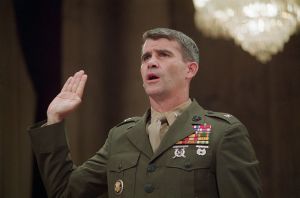

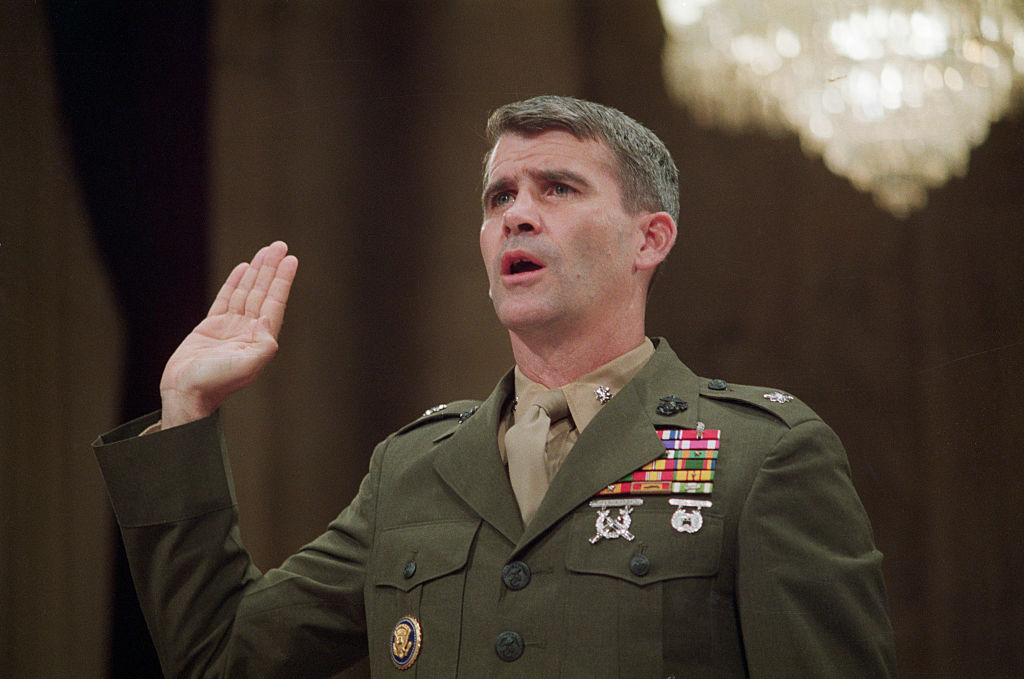

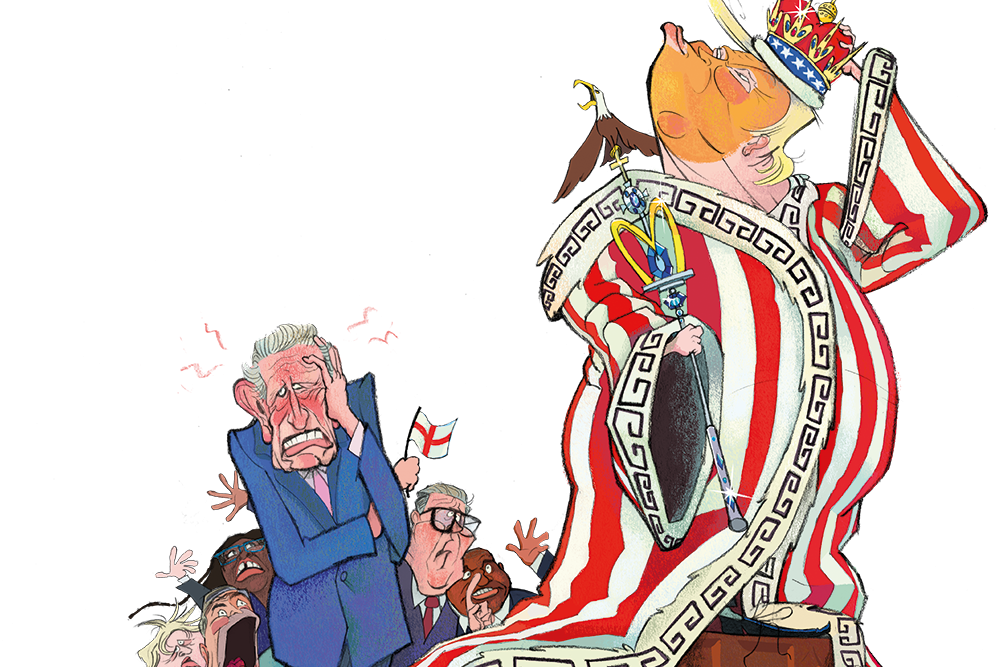
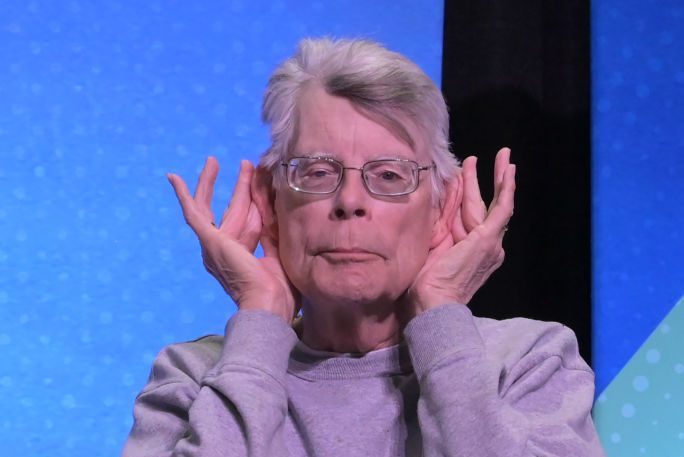
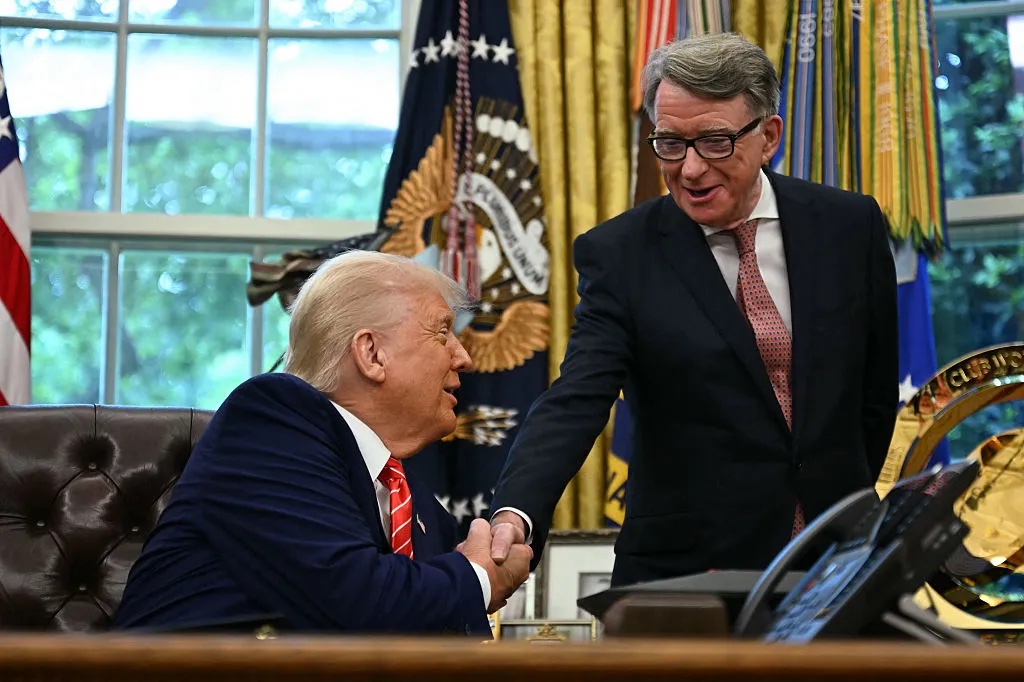







Leave a Reply